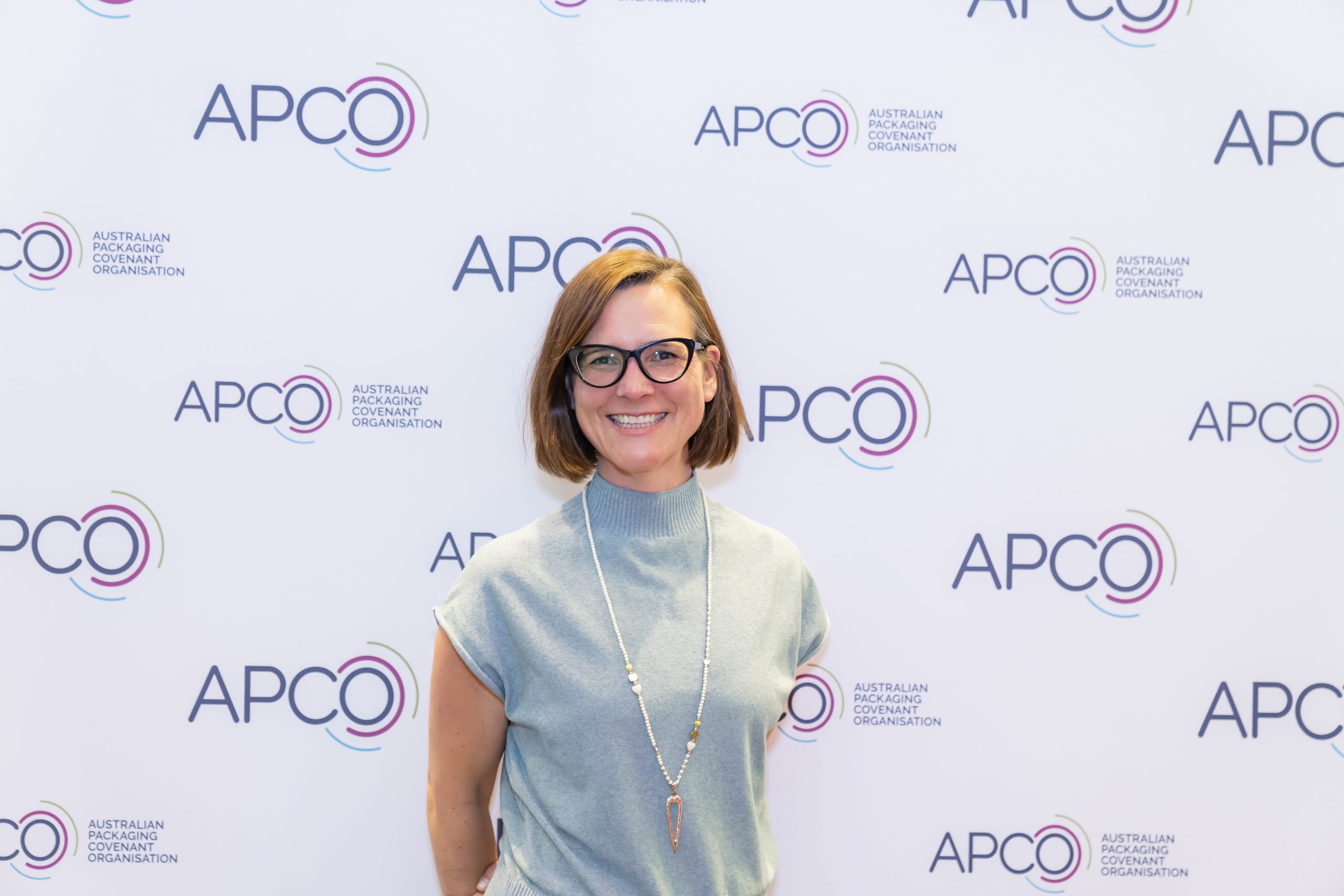The recovery rate for soft plastics across the Australian, New Zealand, and Pacific Islands (ANZPAC) region is alarmingly low, with only about 5 per cent of soft plastics being recycled, and even lower rates in some Pacific island nations.
This was shared by ANZPAC Plastics Pact in relation to ongoing problem of rubbish in the nation.
To address this, the ANZPAC Plastics Pact has announced a new pilot project aimed at improving the collection, recovery, and recycling of soft plastics in Fiji.
This pilot project is a key part of the Circular Pacific Plastics (CPP) initiative, which brings together global brands and local leaders to create practical solutions for recycling plastic waste.
The project also aims to lay the groundwork for extended producer responsibility (EPR) schemes, which would make producers more accountable for the waste their products generate.
“Circular Pacific Plastics is a true testament to the power of collaboration,” senior ANZPAC program manager, Angela Mayer said.
“It has been inspiring to see so many brands and stakeholders from across the globe come together to tackle the issue of plastic packaging circularity in the remote islands of the Pacific.
“This is a major milestone for the ANZPAC region and we are proud to be working with local communities and businesses to develop recovery projects that are relevant, effective and essential to the long-term success of end-of-life solutions for used plastic packaging.”
The project is backed by international organisations, including WRAP and funding from the UK’s Foreign, Commonwealth and Development Office (FCDO).
It will test new ways of collecting and recycling soft plastics in Fiji, with the goal of using the results to create similar systems in other Pacific nations.
Leading global brands, including Nestlé and Colgate-Palmolive, are helping fund the project, which will focus on both Business-to-Consumer and Business-to-Business trials to find the most effective ways to collect and recycle soft plastics in Fiji.
According to Ms Mayer these companies hope the project will create a model for recycling that can be replicated in other countries in the region.
The Pacific Recycling Foundation (PRF) in Fiji is also working closely with the project to ensure it is tailored to local needs and benefits local communities.



